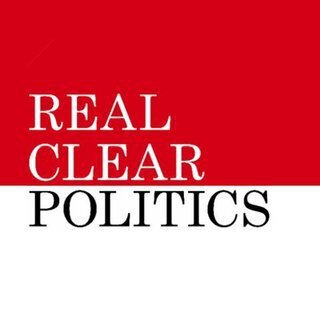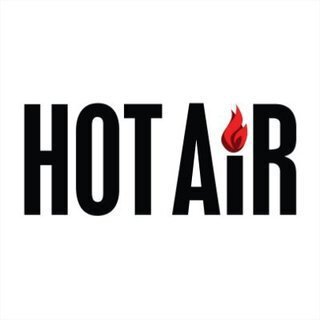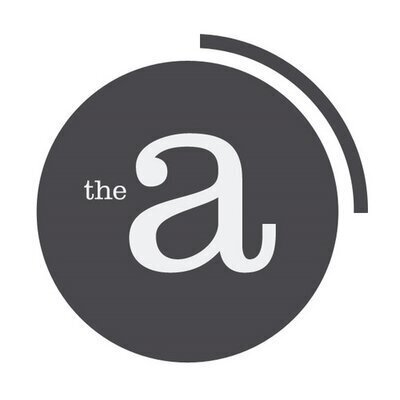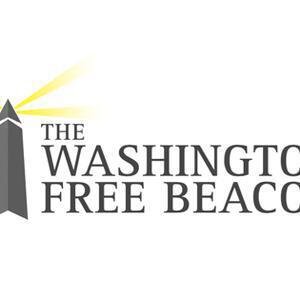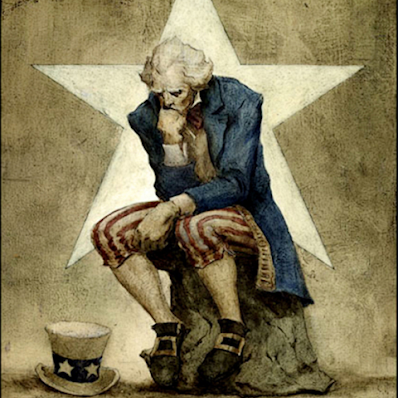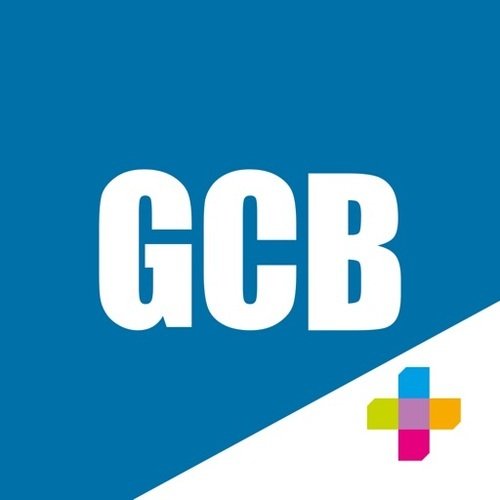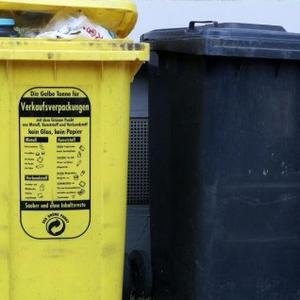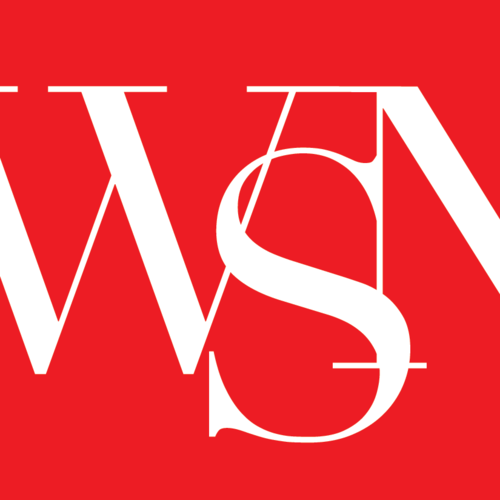Congress grilled university presidents on Dec. 5 over the rise of antisemitism on their campuses. Students have been vocal about their experiences with some saying they feel like their lives are in danger.
“Thirty-six hours ago, I — along with most of campus — sought refuge in our rooms as classmates and professors chanted proudly for the genocide of Jews,” said Eyal Yakoby, a Jewish student at the University of Pennsylvania during a news conference.
A recent report by the Anti-Defamation League found 73% of Jewish college students and 44% of non-Jewish students “have experienced or witnessed antisemitism since the start of this school year.”
Lawmakers on the House Education Committee pressed the presidents of Harvard University, the University of Pennsylvania and Massachusetts Institute of Technology for more than five hours over the treatment of Jewish students, particularly since the Hamas attacks in Israel Oct. 7.
The Republican-led committee started the hearing with a moment of silence for Israelis lost or taken hostage. Then, the committee played a video montage highlighting college students calling for “intifada” – a term used to call for violence against Jewish people.
During opening statements, Chairwoman Virginia Foxx, R-N.C., made comments about each of the higher educational institutions, directing strong remarks toward Harvard University President Dr. Claudine Gay.
“Harvard also, not coincidentally but causally, was ‘ground zero’ for antisemitism following Oct. 7,” Foxx said.
Dr. Gay acknowledged that she has seen a “dramatic and deeply concerning rise in antisemitism” around the world, the country and her campus. She also said she has seen a rise in Islamophobia since the Israel-Hamas war started two months ago, saying Jewish and Muslim leaders, faculty members and students are scared after experiencing grief, fear and trauma.
During these difficult days, I have felt the bonds of our community strain. In response, I’ve sought to confront hate while preserving free expression. This is difficult work and I know that I have not always gotten it right.
Harvard President Dr. Claudine Gay
“During these difficult days, I have felt the bonds of our community strain,” Dr. Gay said during her opening remarks. “In response, I’ve sought to confront hate while preserving free expression. This is difficult work and I know that I have not always gotten it right.”
Dr. Gay also said Harvard does not permit speech that either incites violence or threatens safety and that Harvard students must follow a code of conduct.
“Again, we are deeply committed to free expression,” Dr. Gay said. “But when speech crosses over into conduct that violates our policies–policies against bullying, harassment, intimidation–we do take action.”
During questioning, Rep. Elise Stefanik, R-N.Y., engaged Dr. Gay, Harvard’s first black female president.
“Dr. Gay, a Harvard student calling for the mass murder of African Americans is not protected free speech at Harvard, correct?” Stefanik asked.
“Our commitment to free speech,” Dr. Gay said before being interrupted.
“It’s a ‘yes’ or ‘no’ question. Is that correct?” Stefanik asked. “Is that okay for students to call for the mass murder of African Americans at Harvard? Is that protected free speech?”
Dr. Gay was unable to answer the question. Stefanik then asked Dr. Gay about Harvard students chanting “intifada” on campus.
“So based on your testimony, you understand that this call for intifada is to commit genocide against the Jewish people in Israel and globally, correct?” Stefanik asked.
“I will say again that type of hateful speech is personally abhorrent to me,” Dr. Gay explained.
“Do you believe that type of hateful speech is contrary to Harvard’s code of conduct or is it allowed at Harvard?” Stefanik asked.
“It is at odds with the values of Harvard,” Dr. Gay said.
“Can you not say that it is against the code of conduct at Harvard?” Stefanik asked.
“We embrace a commitment to free expression, even of views that are objectionable, offensive, hateful,” Dr. Gay said. “It’s when that speech crosses into conduct that violates our policies against bullying, harassment and intimidation.”
“Does that speech not cross that barrier?” Stefanik asked. “Does that speech not call for the genocide of Jews and the elimination of Israel?”
Dr. Gay could not say whether the call for intifada against Jews is considered harassment rather than protected free speech.
When pressed by Rep. Nathaniel Moran, R-Texas, on whether any Harvard students had faced suspension or expulsion, Dr. Gay said she would have her office get back to the committee with those details.
“Have any students been expelled or disciplined for bullying, harassment, or these actions that you’re listing?” Rep. Moran asked Dr. Gay.
“I can assure you we have robust student disciplinary processes and we use them,” Dr. Gay responded.
“No, no, no, no, no, I didn’t ask about your processes,” Moran said. “I asked if any student has been disciplined or removed from Harvard, as a result of the bullying and the harassment that’s taken placed based on their antisemitic views in the past months since the Oct. 7 attack.”
“We consistently apply our policies,” Dr. Gay said.
“So have any students, can you give me a number?” Moran asked. “Has it been two? Ten? Twenty? Or have there been zero students who have been disciplined for their activity? Not their speech, their activity.”
Dr. Gay could not provide a number and said she would follow up with specifics later.
Democrats questioned the university leaders, too. Rep. Susan Wild, D-Penn., asked University of Pennsylvania President Elizabeth Magill to determine if calling for intifada amounted to incitement of violence.
“You saw a video at the beginning of this and to the extent of protests at Penn were referenced,” Wild said to Magill. “Did you see that video as an example of hate speech or speech that would incite violence?”
The, the chanting, I think, calling for intifada or global revolution — very disturbing — and I can imagine many people’s reaction to that would be one of fear. So, I believe at a minimum that it is hateful speech that has been and should be condemned.
University of Pennsylvania President Elizabeth Magill
“That video, just as a human being, was very hard to watch,” Magill responded. “The, the chanting, I think, calling for intifada or global revolution — very disturbing — and I can imagine many people’s reaction to that would be one of fear. So, I believe at a minimum that it is hateful speech that has been and should be condemned. Whether it rises to level of incitement of violence under the policies at Penn and the city of Philadelphia follow, which are guided by the United States Constitution, I think is a much more difficult question. The incitement to violence is a very narrow category.”
Magill acknowledged UPenn is working to implement new strategies to help combat antisemitism on campus. The new measures were announced last month and focus on safety, security, engagement and education.
None of the university presidents could give a direct answer on if calling for intifada amounted to incitement to violence against Jews. They could not provide numbers for if or how many of their students had faced consequences according to their school’s codes of conduct for calling for intifada.
Each witness did condemn Hamas’ terror attack and all responded “yes” when asked if Israel has a right to exist.
House Republicans have proposed cutting federal funding by 25% to the U.S. Department of Education Office for Civil Rights, which is responsible for investigating hate crimes on campus.


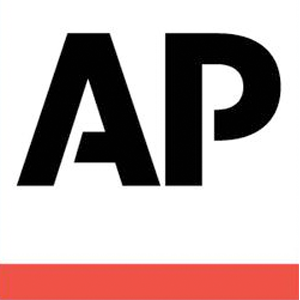












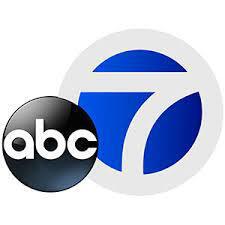























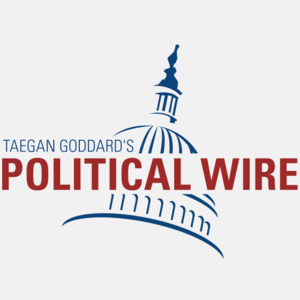
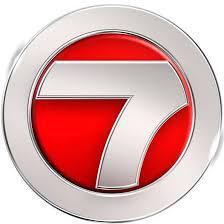










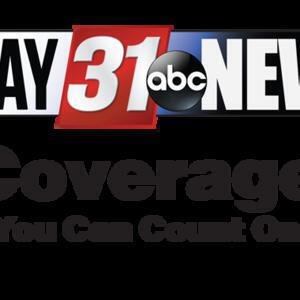










![Russia Today [🇷🇺-affiliated] logo](https://groundnews.b-cdn.net/interests/d3a6b2444d4740f3e75a430e54a0cb4d24ee6cc6.jpg)




